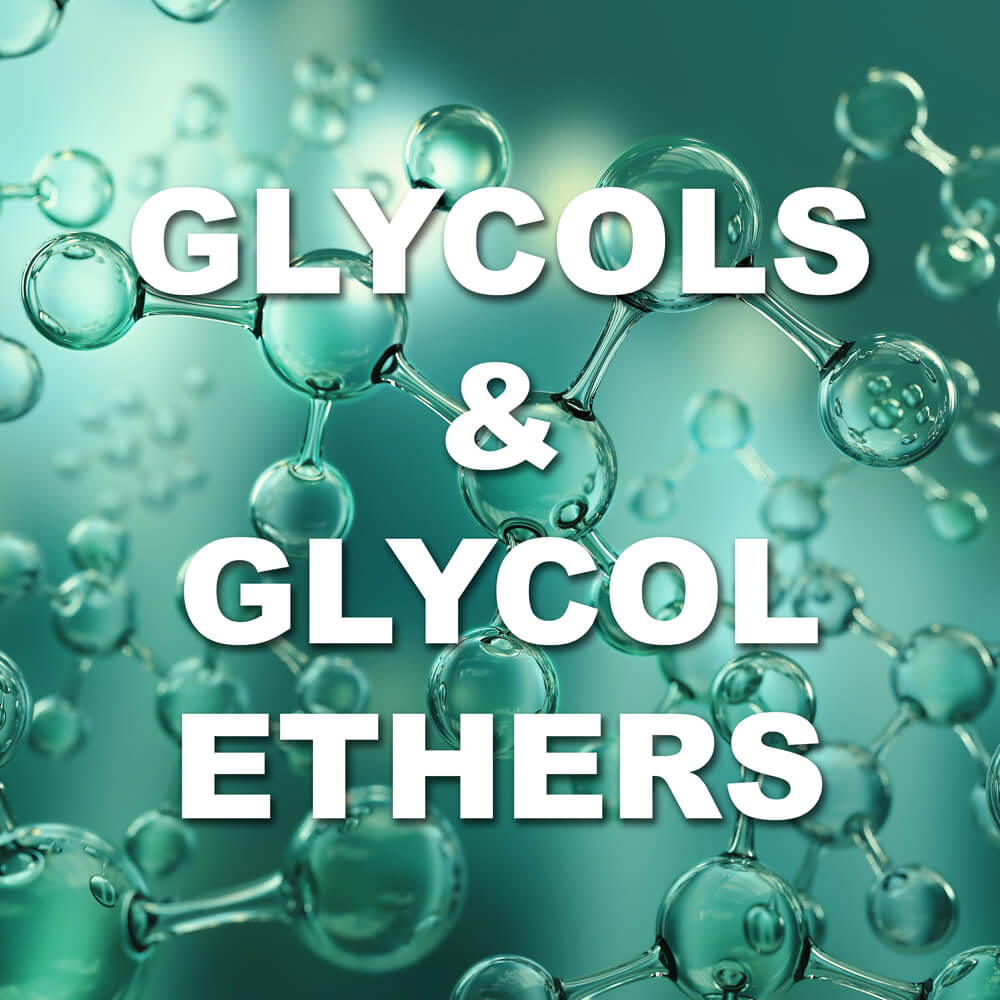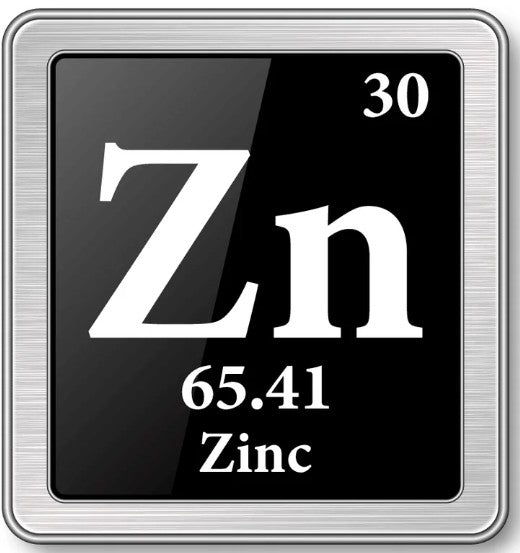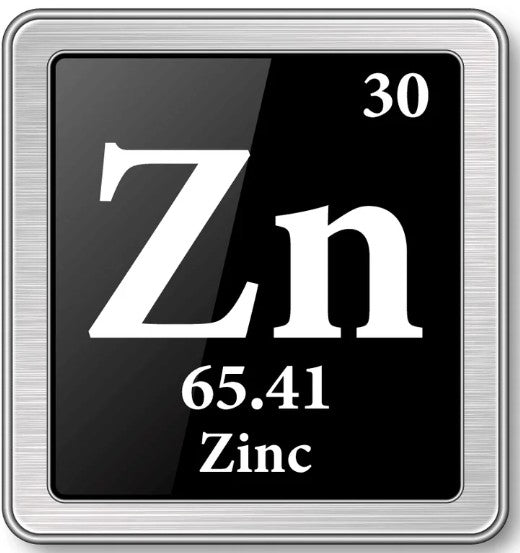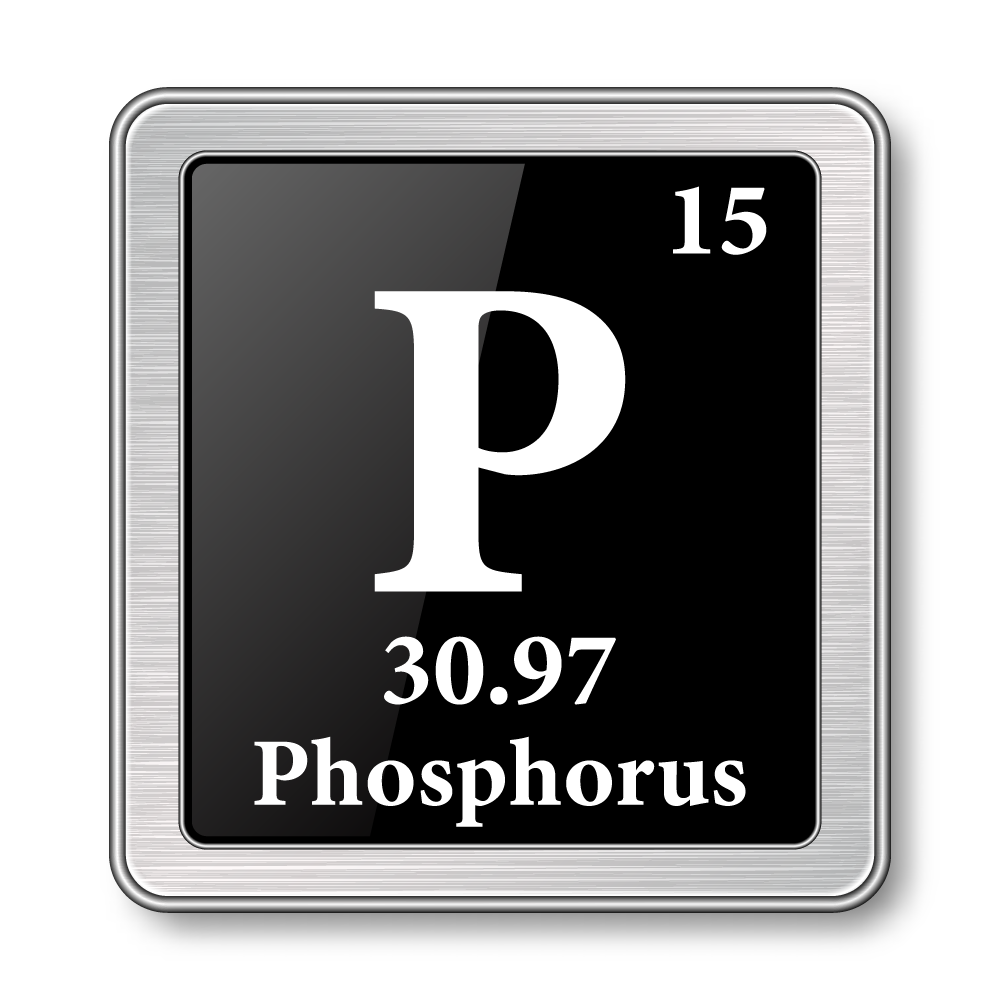
Ethoxy Propanol in the Cosmetics Industry
Ethoxy Propanol, a versatile solvent and chemical ingredient, is making waves in the cosmetics industry. Known for its unique properties, it plays a critical role in enhancing the formulation and effectiveness of various cosmetic products. In this blog, we'll explore the benefits and applications of Ethoxy Propanol in cosmetics and discuss when you should reach out to Rock Chemicals, Inc. for your supply needs.
What is Ethoxy Propanol?
Ethoxy Propanol, also known as 2-(2-Ethoxyethoxy)ethanol, is a clear, colorless liquid with a mild odor. It is commonly used as a solvent due to its excellent solvency properties and compatibility with a wide range of ingredients. In the cosmetics industry, it serves various functions, from enhancing product stability to improving application performance.
Benefits of Ethoxy Propanol in Cosmetics
- Improved Formulation Stability
- Ethoxy Propanol helps stabilize formulations by preventing separation and maintaining a consistent texture over time. This stability is crucial for ensuring the longevity and effectiveness of cosmetic products.
- Enhanced Solvent Properties
- Its solvent capabilities enable it to dissolve a wide range of ingredients, making it easier to create uniform and homogeneous cosmetic formulations. This is particularly beneficial in products that require a smooth, consistent application.
- Better Product Performance
- Ethoxy Propanol contributes to the improved performance of cosmetics by enhancing the solubility and dispersion of active ingredients. This can lead to better efficacy and a more pleasant user experience.
- Reduced Greasiness
- In skincare products, Ethoxy Propanol helps to reduce the greasy feel often associated with some emulsifiers and oils. This results in a lighter, more comfortable application and a more appealing end product.
- Compatibility with Other Ingredients
- It is compatible with a variety of other cosmetic ingredients, making it a versatile choice for a wide range of formulations, from creams and lotions to sprays and gels.
- Enhanced Product Sensory Experience
- By improving the texture and feel of cosmetic products, Ethoxy Propanol enhances the overall sensory experience for users, making products more enjoyable to apply and use.
Applications of Ethoxy Propanol in Cosmetics
- Skincare Products
- Ethoxy Propanol is used in a variety of skincare products, including moisturizers, serums, and lotions, to ensure smooth application and long-lasting hydration.
- Hair Care Products
- In shampoos, conditioners, and styling products, it helps in the even distribution of active ingredients, improving the effectiveness and sensory feel of the products.
- Makeup Products
- It is utilized in foundations, primers, and other makeup items to enhance texture, blendability, and overall performance, leading to a more flawless finish.
- Fragrance Products
- Ethoxy Propanol is also used in perfumes and other fragrance products as a solvent, helping to evenly distribute and stabilize the fragrance components.
When to Contact Rock Chemicals, Inc.
- Product Development
- If you are developing a new cosmetic product and need guidance on incorporating Ethoxy Propanol into your formulation, contact Rock Chemicals, Inc. for expert advice and support.
- Quality Assurance
- For high-quality Ethoxy Propanol that meets cosmetic industry standards, Rock Chemicals, Inc. can provide products that ensure your formulations are effective and compliant.
- Bulk Purchasing
- If you require Ethoxy Propanol in large quantities for your production needs, Rock Chemicals, Inc. offers competitive pricing and reliable bulk supply options.
- Technical Support
- When facing formulation challenges or needing technical assistance with Ethoxy Propanol, the knowledgeable team at Rock Chemicals, Inc. is available to provide solutions and guidance.
- Regulatory Compliance
- Ensure your products meet all regulatory requirements by consulting Rock Chemicals, Inc. for information on compliance and best practices related to Ethoxy Propanol.
Ethoxy Propanol is a valuable ingredient in the cosmetics industry, offering numerous benefits such as improved stability, enhanced performance, and a better sensory experience. By partnering with Rock Chemicals, Inc., you can access high-quality Ethoxy Propanol and expert support to optimize your cosmetic formulations. Reach out to Rock Chemicals, Inc. for all your Ethoxy Propanol needs and ensure your products meet the highest standards of quality and performance.


















